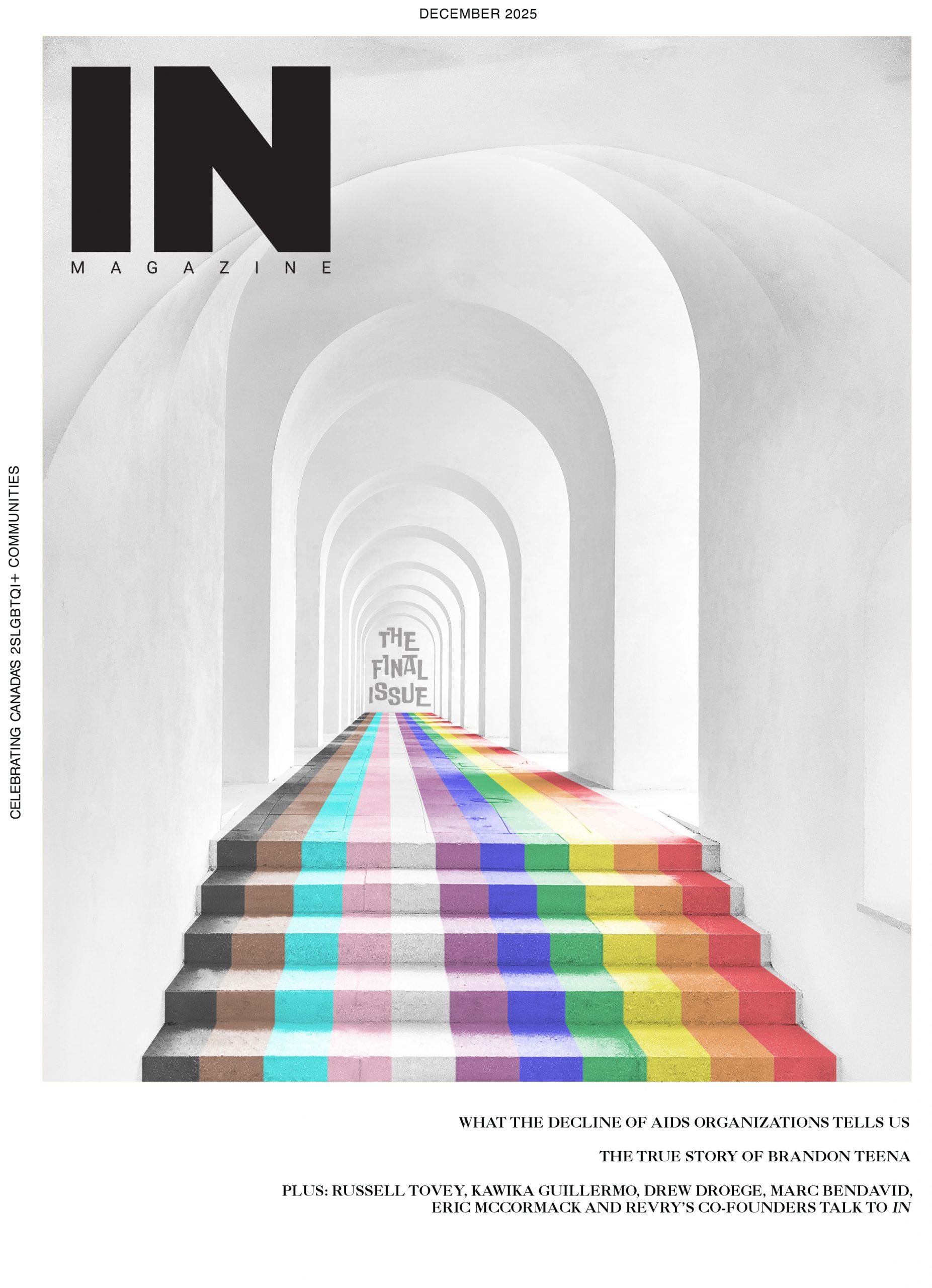The US Olympic and Paralympic Committee’s ban on trans women athletes raises debates over fairness, equality, and inclusion in sports…
Sport is never just about sport — not anymore. It’s become vastly political, and layered in purpose, that has nothing to do with what’s going on in the field.
When the US Olympic and Paralympic Committee quietly changed its eligibility rules to ban trans women from women’s competitions, it didn’t just draw a line in the sand. It reignited a global culture war, one that’s been simmering just beneath the surface of locker rooms, podiums, and policy memos for years.
There was no press conference. Just a short paragraph dropped into a policy update, tethered to Executive Order 14201 — a decree signed by former president Donald Trump that effectively bans trans women from participating in female sports programs receiving federal funding.
It’s not just an athletic ruling. It’s a political shot across the bow.
The Executive Order framing the debate: What’s really at stake?
Executive Order 14201 isn’t just about competition. It’s a document that frames trans inclusion as an existential threat to women’s sport. It argues that allowing trans women to compete “deprives women and girls of fair athletic opportunities” — language that taps into deeply emotional and, frankly, divisive conversations about gender, biology, and what fairness really means.
By tethering eligibility to this order, the USOPC has effectively politicized its entire competitive ecosystem. This wasn’t just about aligning with international sport — it was about drawing a hard line in domestic culture wars.
And while Trump is no longer in office, the reverberations of his rhetoric — and the policy it inspires — continue to reshape institutions that were once considered neutral territory.
How the “unfair advantage” narrative took hold
Here’s the thing: the idea that trans women have an overwhelming biological advantage isn’t as settled as politicians would like you to believe.
Multiple peer-reviewed studies suggest that after a year of hormone replacement therapy, trans women lose muscle mass, strength, and hemoglobin — all key factors in performance. And yet, the notion of “unfair advantage” continues to dominate headlines.
Why?
Because “fairness” is emotionally charged. It’s easy to weaponize. When a trans athlete wins, it’s often framed as proof of imbalance. When they lose, no one’s talking. The narrative isn’t driven by data — it’s driven by optics.
That’s not sport. That’s spin.
Canada’s approach: Inclusion with structure — not erasure
North of the border, Canada has taken a quieter but more deliberate approach.
The Canadian Olympic Committee and national sport federations still rely on IOC guidelines, which allow trans women to compete after meeting testosterone level thresholds. It’s not perfect. The science is still evolving. But the principle is clear: inclusion and fairness can coexist.
What’s different is the tone. There’s no fear campaign here. No political grandstanding. In Canada, sport policy is still informed by research, not reaction. And that matters — especially when marginalized communities are watching.
From podiums to politics: Why this moment feels bigger than sport
This isn’t just about who gets to run track or swim laps. It’s about whose identities are considered valid — and who gets erased when institutions rewrite the rules.
The USOPC could have handled this with transparency, consultation, and scientific grounding. Instead, they hid it in policy language and tethered it to a highly political executive order.
It’s not just the timing that’s suspect — it’s the silence. The vagueness. The refusal to name what’s really happening: a rollback of trans inclusion in one of the most powerful athletic bodies in the world.
What this means for athletes, and the institutions they trust
For young trans athletes — especially those just beginning to find community through sport — this decision sends a clear message: you’re not welcome here.
For cisgender women, the situation is no less complicated. They’re now part of a policy debate that uses them as justification, without actually listening to their voices. Many support trans inclusion. Many believe in fairness and equity. But none of that nuance survives once politicians take the mic.
And for fans, parents, and coaches? This raises the question: is sport about more than winning? Or have we accepted that politics will always shape the rules of the game?
Sport can be fair without being exclusionary
Let’s be honest — this ban wasn’t driven by new science. It was driven by old politics.
The USOPC’s decision isn’t about leveling the playing field. It’s about narrowing it — drawing borders around identity and turning athletes into flashpoints in a battle they didn’t ask to fight.
Canada isn’t perfect. But our sports culture, for now, reflects a basic truth: fairness doesn’t require erasure. It requires empathy, evidence, and the courage to imagine that inclusion doesn’t have to come at someone else’s expense.
Let’s not pretend this is just about sport. It never was. We’re currently dealing with an erasure of tremendous change that has come to fruition throughout the past few years, and a complete dismantling of queer culture and equality as we know it.






POST A COMMENT